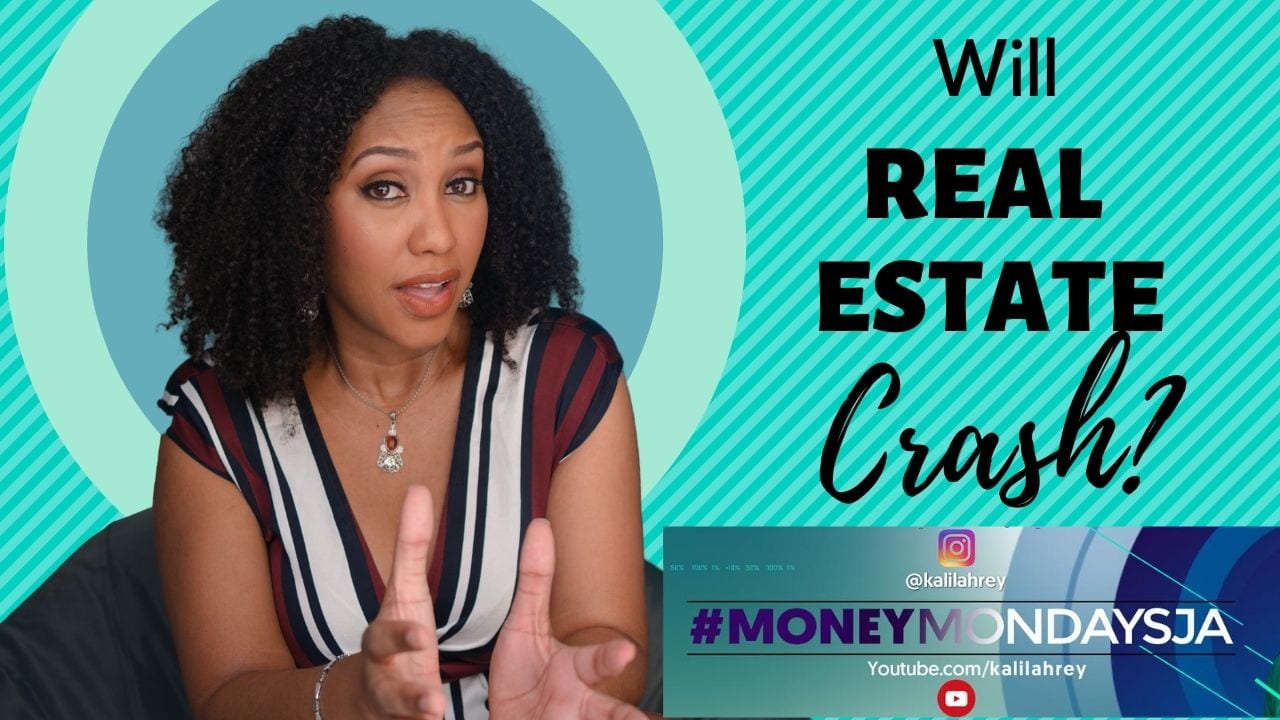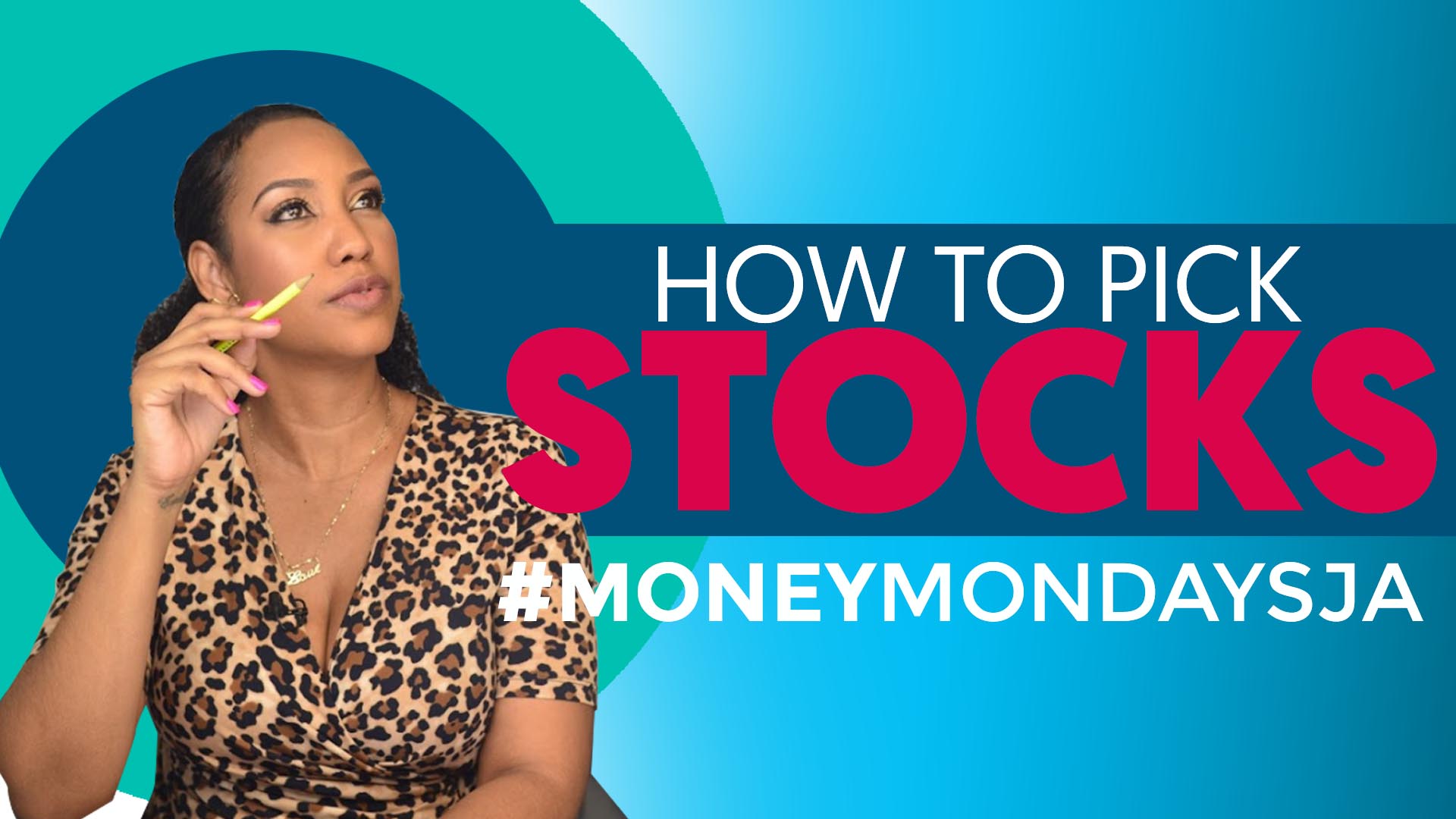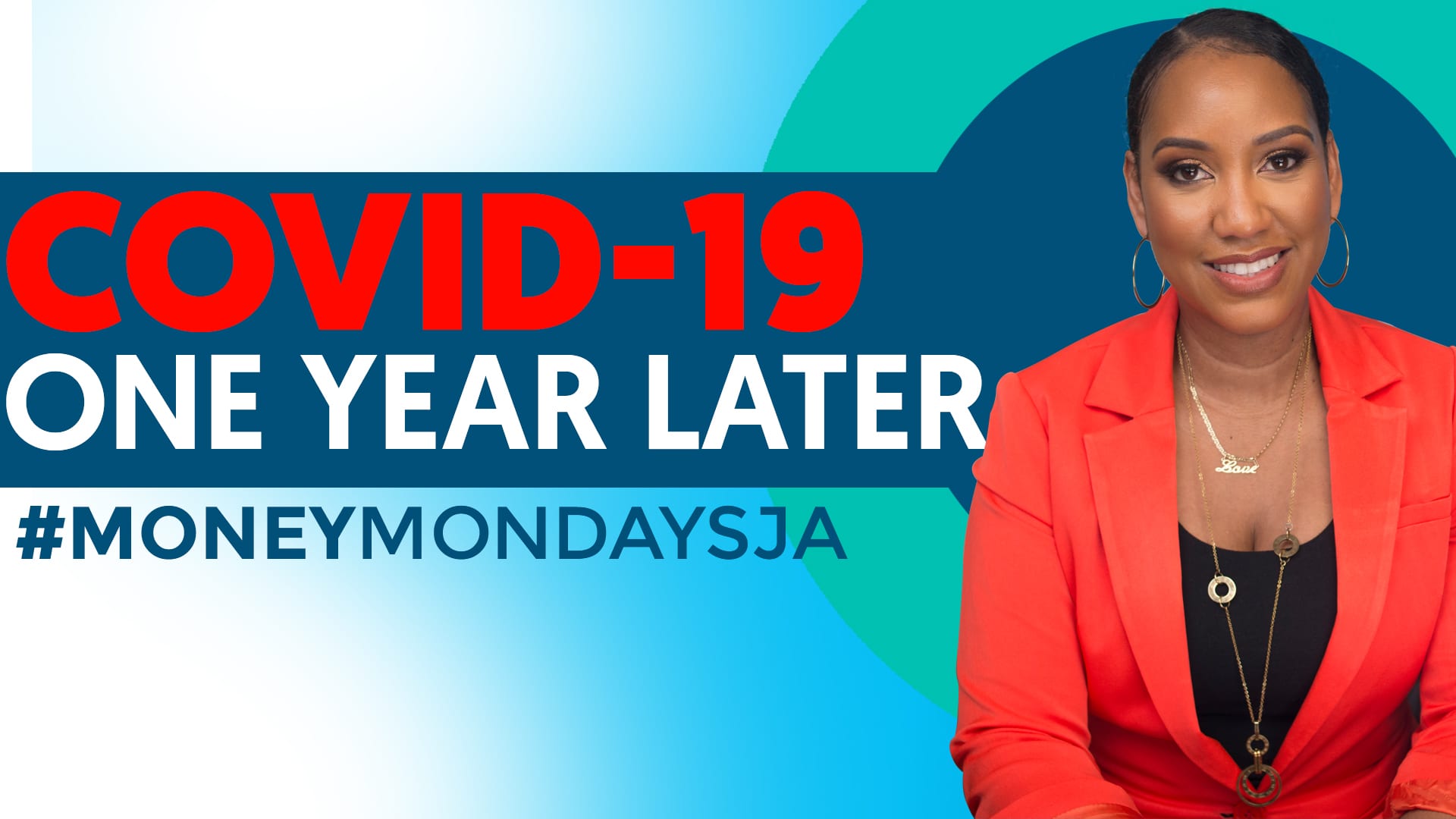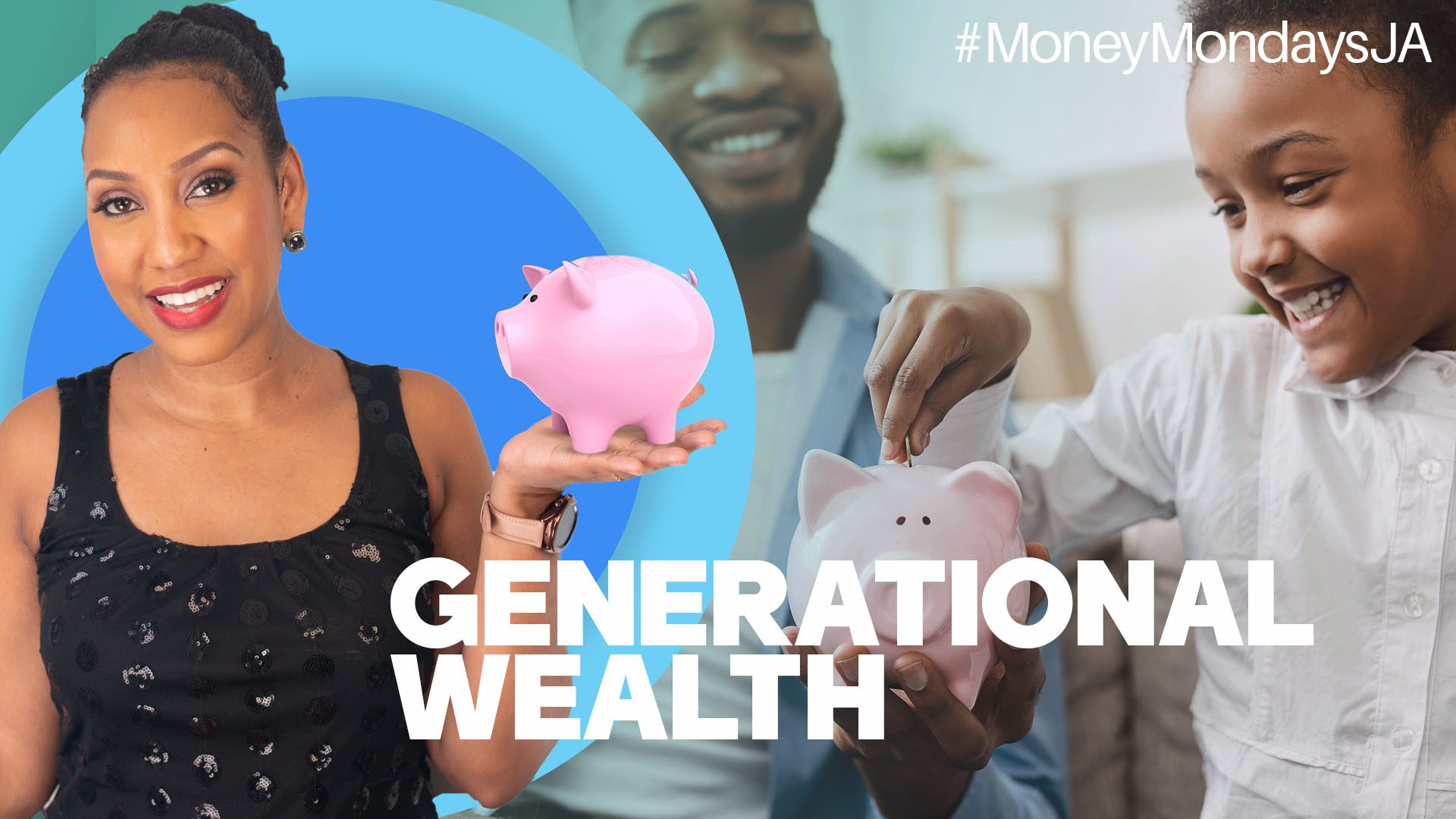Now on this channel, we talk a lot about saving and investing your money so that you can have a nest egg in case something crazy happens, like a global pandemic. We like to be prepared over here. But every now and then, it’s OK to spend money on things that you might not think are necessary or that you may see as a want, or even a luxury, and not a need. Remember at the start of the year when we talked about investing in ourselves more this year? We’re gonna talk about four, sometimes pricey things, that you can spend money on without feeling guilty.
Before we get started it’s important to remember that once you plan and prepare for anything then you won’t feel guilty about spending money.
Guilt-Free Spending
Jodi-Kay Williams
Treat yourself! That’s right, you’ve been saving and budgeting, now it’s time to spend some of that money.
We talk a lot about saving and investing your money so that you can have a nest egg in case something crazy happens, like a global pandemic.
We like to be prepared over here. But every now and then, it’s OK to spend money on things that you might not think are necessary or that you may see as a want, or even a luxury, and not a need.
Remember at the start of the year when we talked about investing in ourselves more this year? Well, this week we’re gonna talk about four, sometimes pricey things, that you can spend money on without feeling guilty.
Before we get started it’s important to remember that once you plan and prepare for anything then you won’t feel guilty about spending money.
So, first up is; taking a vacation or just experiencing new things. Listen, after the past two years we’ve all had, you deserve to sit on a beach somewhere drinking a fruity drink with a tiny umbrella in it. Taking a break to reset and refocus is necessary if you want to continue being successful. Planning vacations can get overwhelming and expensive, pretty quick but it doesn’t have to. Start planning your trip a few months in advance and dedicate a sum of money to your vacation fund each month. Also, try booking your vacation outside of peak seasons like summer, Christmas or New Year’s and that might help with the cost. If you’re going outside the country then most airlines offer airfare plus hotel bundles that might interest you and help you save a few extra coins. If you use a credit card that offers airline miles as rewards, you may even be able to get your flight for free! And your vacation doesn’t have to be anything fancy; just a day trip to the beach or the afternoon learning how to scuba dive. Some credit card rewards programmes also offer local hotel stays, so be sure to check your rewards. But make sure that you prioritise taking a break.
Speaking of taking a break, next on the list is going out with friends and family.
Remember at the start of the pandemic when health authorities had to change the language from social distancing to physical distancing? Because they realised that social distancing isn’t healthy for our mental health. Thankfully we’re at the point now where restaurants and theatres are back open so socialising with friends and family outside the home is now possible. Try to pencil an afternoon out into your budget at least once a month. Give yourself a chance to reconnect with friends and family instead of on a screen. You won’t realise how much you missed in-person contact until it happens. And there are tons of safe, budget-friendly things to do: grabbing lunch or dinner, going out to the movies or even a games night to catch up and relax.
Taking care of our mental health is very important, so if you need to start going to therapy then, it’s worth the investment. The whole world is going through a pretty traumatic experience and some of us need professional help to help us process it and that’s OK. I mean, if you felt like you sprained your wrist then you’d go to the doctor to check it out; it’s the same thing with our minds. If you feel like you need a check-up for your mental health and then go do it. Some health insurance plans do cover seeing a psychologist or psychiatrist, so check your benefits. And remember, the key thing here is to always prepare for things financially so that you don’t feel overwhelmed about spending. So, do your research, find out the cost of therapy, how far is the therapist from where you are; do you need to work in bus fare or gas into the overall cost. Work all that out and then decide the best way to include it in the monthly budget.
And just as your mental health is important, your physical health is also crucial. What’s the saying, ‘‘your health is your wealth’’. It most definitely is and the only way to keep making money is to ensure that we’re healthy enough to do the work. So, invest in going to the doctors to get regular checkups. Again, health insurance can help here. Check out the great plans offered at Bulwark Insurance Agency; you can DM me to get in touch with them.
Additionally, the government also has programmes that help to cover the cost of medication if you fall into certain criteria. For instance, if you have a severe illness, the National Health Fund, NHF, will help you pay for some prescription drugs, respiratory devices etc. And the Jamaica Drug for the Elderly Programme gives a 100 per cent subsidy for specific drugs covering 10 chronic illnesses for Jamaicans over 60.
Everyone’s finances are different and not everyone will be able to do all these things right away; however, with some planning, they can be done. Make a decision on what you want to do, then go over your budget and try to work it in.
Remember, investing in yourself doesn’t only mean starting a business or going back to school. It also means taking care of your mental and physical health. Some of your best ideas will come once you’re rested and healthy.
Categories: MoneyMondaysJA
Audio Only
More #MoneyMondaysJA Episodes






Leave A Comment